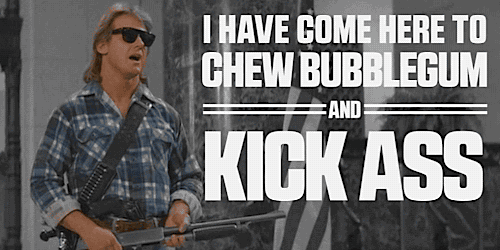This piece goes to the work I am doing on convergent wrestling.
Writing back in 2006, Henry Jenkins discussed how convergence culture was allowing more fans to have more power. Basically, in this context, convergence culture is this idea that digital technologies like smartphones and the internet have blurred the lines between audiences and producers.
In the past, television and movies would separate out those who produce the media and those who consume the media; in other words, audiences would simply have to take what they were given, and they did not have much say over production. Since the rise of the internet, and especially social media, audiences do have more say: they can talk to producers before, during, and after a television show, or movie, or game, or whatever is produced. As Jenkins (2006) said, “Shows which attract strong fan interests have a somewhat stronger chance of surviving.” That means, if the producers listen to what the fans want, then their productions will do better. Or, at least, that is the idea.
Ten years later, Kresnicka’s (2016) writing reiterates this power of fans by relating it to the “digital empowerment” that has been happening in various areas of life since Web 2.0 and the emergence of social media. With social media, people can connect to one another, control what they consume, create their own content (and thus have their own voices heard), collaborate with others, and curate the information that is out there (dictating what is good and bad in the process). These 5 Cs (Pavlik & McIntosh, 2011) represent some pretty amazing powers given to “ordinary” people, taking away some of the power that had before just been in the hands of producers, politicians, librarians, teachers, and so forth. And this fundamental shift that has led to digital empowerment has been impacting the relationship between media producers, celebrities, and athletes, and their fans.
Let’s look at this in terms of sports – well, sports entertainment, or professional wrestling.




